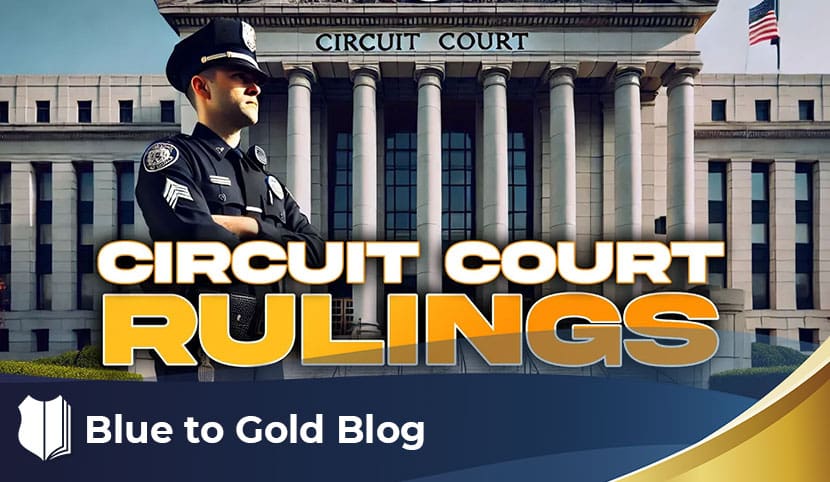Yes, there is some truth to what the old-timers say, “Yeah, we can just ignore that stuff. That’s federal. We’re in a state; we don’t need to listen.” And, to some extent, that’s true. The reason it’s true is that state courts have their own sovereignty and authority to interpret the Fourth Amendment as they see fit. For example, the California Supreme Court can absolutely disagree with the Ninth Circuit.
The California Supreme Court could take up a similar case and, for instance, say, “No, we can point guns at people as a matter of routine during stolen car stops.” And disagree with Chinaryan vs LAPD. However, the real question is: why would you do that? Unless there is a clear case that warrants it—like, for example, the Ninth Circuit’s rulings on their 10-round magazine ban, the AR-15 ban, and knife bans—I believe those should be protected under the Second Amendment.
But the problem here is that you have someone in your city, who gets pulled over at gunpoint, and your officers are not articulating any immediate danger or justification for the use of force. In this case, the driver is not going to run to state court to sue you. They’re going to run to federal court because they know there is a case that directly applies, stating that you can’t do that. They’ll get paid, and you will write checks.
Even while your officers might say, “Don’t worry about it, we have our own sovereignty, and we can do this,” the problem is that you’ll still have to pay because it’s clearly established. The Ninth Circuit has already ruled on this. And that second part of qualified immunity? It’s clearly established by the Ninth Circuit.
So, what happens is, you get a plaintiff’s attorney who specializes in suing cops. If I were that attorney, I wouldn’t go to state court because there’s no precedent there. I’d go straight to federal court, where the law is already on point. That’s all I need. Does that make sense?
That’s the problem with ignoring your Circuit Court—you’re doing so at your own risk.
Until next time stay safe.










